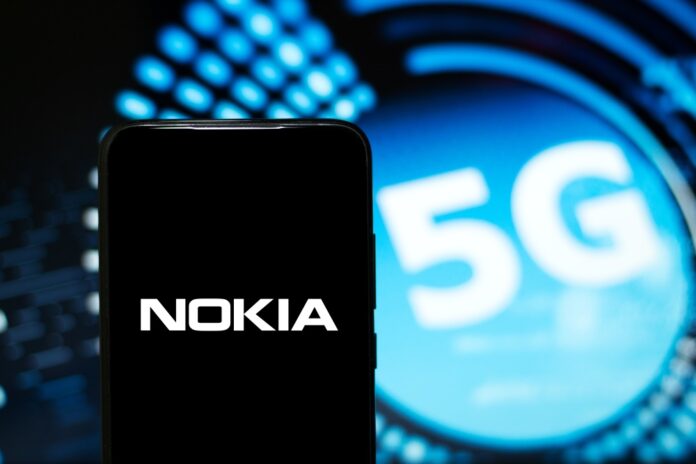Network must meet huge demand and be secure enough against ‘brute force attacks’ for governmental use
Nokia has won the contract to upgrade IP Telecom’s data centre infrastructure across Lisbon, Porto and Viseu in Portugal. The client said that encryption, rather than speed, was the crucial requirement for building the infrastructure.
The telco needs to create an optical data centre interconnect (DCI) system that’s fast enough for business and secure enough to meet government standards.
Security is key
IP Telecom wants Nokia to expand its DCI capacity, by turns, from 10Gbps through 100Gbps to 200Gbps line rates. Eventually the network must deliver 400GE services in the future.
In response to a wave of data theft around the world, security is to be drastically upgraded. Each wavelength is to be encrypted prior to transmission across the Nokia-built fibre optic network.
The use of encryption and secure key management aims to ensure that each end customer, be they in business or government, is protected against unauthorised data tapping of the fibre optic network.
Lisbon, Porto and Viseu
IP Telecom’s three biggest data centres are in Portugal and communications between Lisbon, Porto and Viseu will be over dedicated wavelengths, allocating copious ‘redundant’ capacity as a back-up, in order to meet stringent service level agreements.
The network expansion will also involve the addition of new nodes throughout the country, increasing IP Telecom’s access to customer locations through additional encrypted 100Gbps and 200Gbps wavelengths.
The optical transport system will be built out of fibre with photonic service switches (1830 PSS) and Photonic service interconnect (1830 PSI-M) modules and secure management servers. The 1830 SMS platform is notable because it provides key management of the encrypted optical links.
Protection from brute force attacks
This server provides a centralised, industry-certified, symmetric key management solution, which protects against the new types of criminality that use highly sophisticated brute-force attacks.
An unfortunate consequence of the emergence of quantum computers is that they have been hi-jacked for criminal purposes, according to Nokia. In response, Nokia’s comms switches work with AES-256 encryption engines which, the vendor claims, creates the strongest security barrier in the industry.
“Nokia’s modular optical networking solution allows us to easily upgrade each customer’s cloud DCI as needed and, at the same time, ease any concerns about data protection. The encryption capabilities are a differentiator for us,” said Pedro Mendonça, IP & telco director at IP Telecom.



